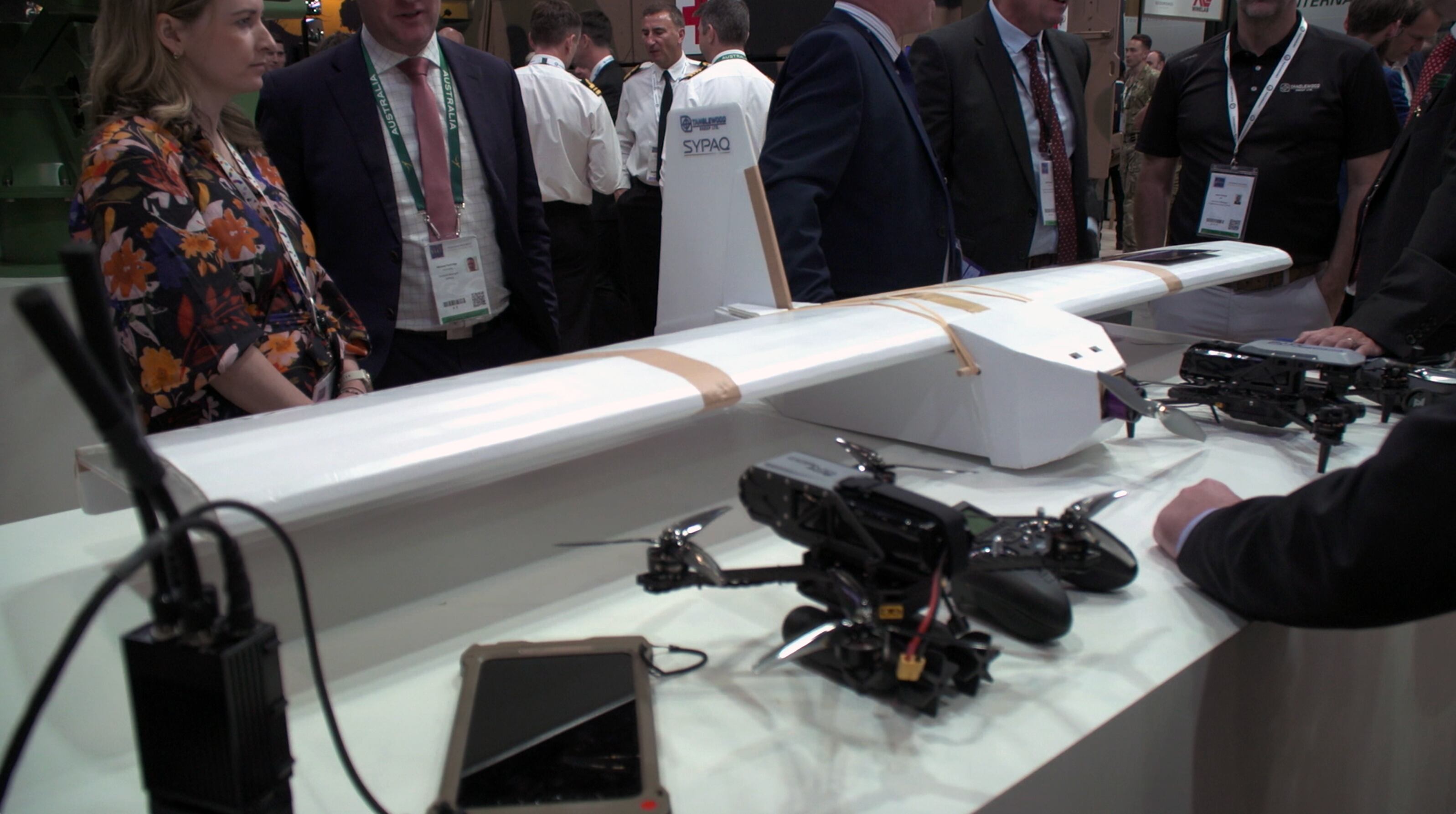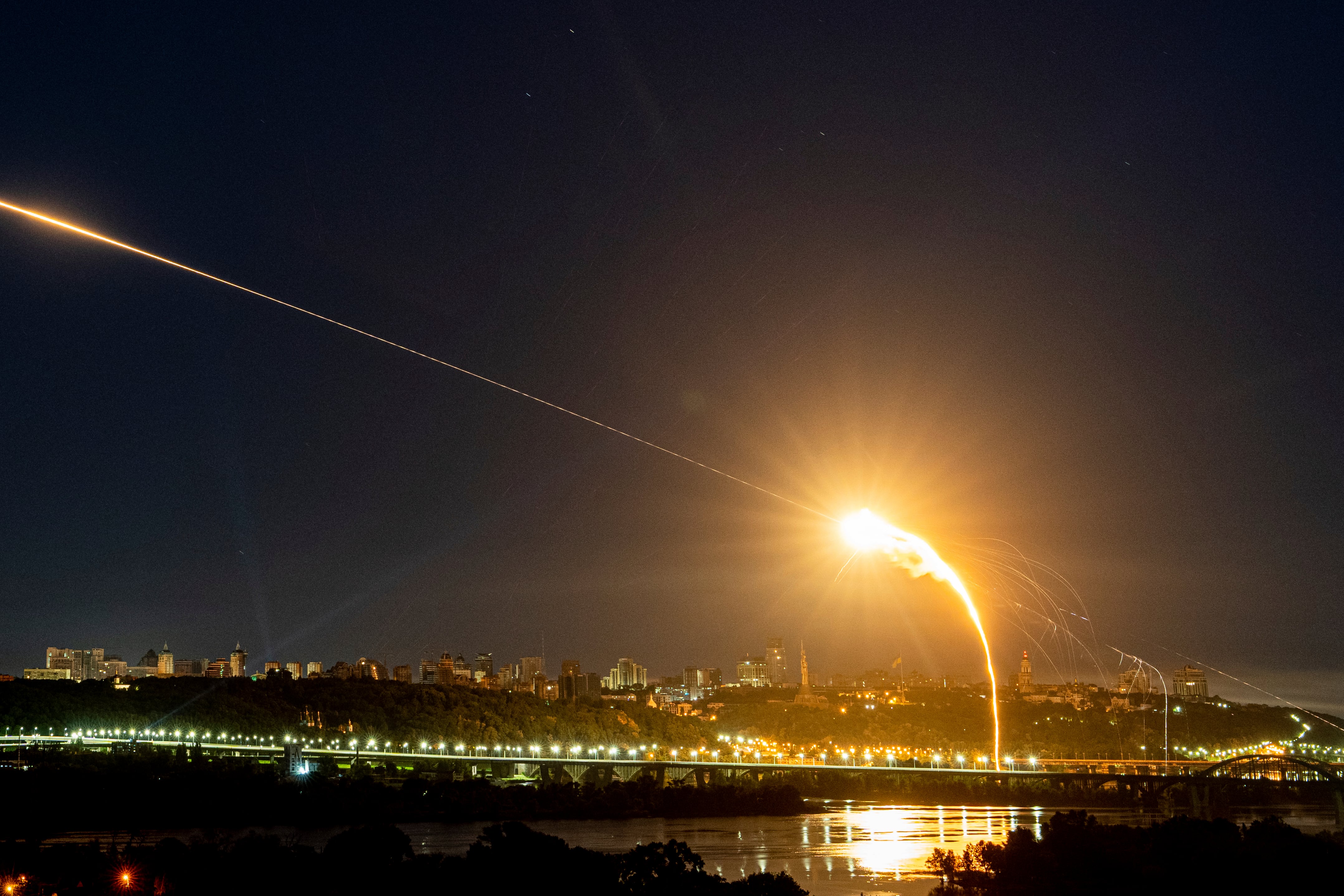NATIONAL HARBOR, Md. — Ukrainian forces are exploiting gaps in Russian jamming and spoofing capabilities, opening seams in which they make noticeable gains on the battlefield, according to a U.S. Air Force commander.
While the Russian military seeks to break Ukrainian command and control and block access to the electromagnetic spectrum, used for communications and weapons guidance, among other vital tasks, Ukrainians are resilient and resourceful in their application of electronic warfare, said Col. Josh Koslov, the leader of the 350th Spectrum Warfare Wing.
“The agility being displayed by both parties, in the way that they’re executing operations in the spectrum, is awesome,” he told reporters during a discussion at the Air, Space and Cyber Conference in National Harbor, Maryland. “Both sides are doing the cat-and-mouse game very, very well.”
The U.S. is observing the invisible back-and-forth and is taking notes as the Pentagon works to reinvigorate jamming and deception arsenals in preparation for potential conflicts with China or Russia.
The spectrum would be hotly contested in a fight with either.
RELATED

“In the future, for us, if we do confront a peer, being agile and being rapid is the key to success in the spectrum,” said Koslov, whose team at Eglin Air Force Base in Florida works to quickly upgrade electronic-warfare tools aboard aircraft. “Not having control of spectrum leads to fatalities, leads to getting killed. And we’ve seen that time and time again in that conflict.”
The 350th Spectrum Warfare Wing, established two years ago, is the first of its kind and the outgrowth of an electromagnetic spectrum superiority study.
Air Force Chief of Staff Gen. CQ Brown this year warned Congress the Defense Department was losing its ability to fend off attacks on the electromagnetic spectrum, leaving troops exposed. Prioritization of high-end electronic warfare systems fell off following the Cold War.
Koslov, in an interview last month, told C4ISRNET he agreed with Brown’s assessment and was working to address the issue.
“I think where we have to focus is on the highest-end or most-difficult problems, because I believe in the lesser-included threat, which means if I could do it at the highest end, I should be able to adapt to lower-end threats,” he said at the time.
Colin Demarest was a reporter at C4ISRNET, where he covered military networks, cyber and IT. Colin had previously covered the Department of Energy and its National Nuclear Security Administration — namely Cold War cleanup and nuclear weapons development — for a daily newspaper in South Carolina. Colin is also an award-winning photographer.








